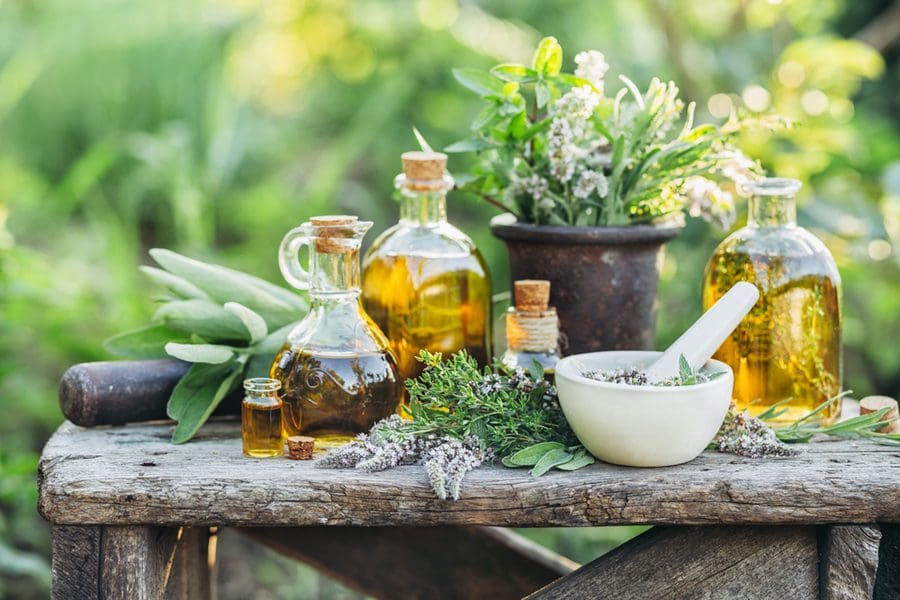Whether you were born in the East or the West (of the country or the world), we have many things that bring us joy, and bring us together.
Tea
Tea is an integral part of Asian culture and has been for thousands of years — just look at the elaborate rituals of the Japanese tea ceremonies, or the stories of Confucius drinking tea with rulers and princes of ancient China.
While the history of Tea is complex, tea didn’t arrive to the West until around the 1700s through the British Empire. It was a prized import and mainly consumed by the upper classes. But by the 1800s, tea was common and easy to obtain, and the health benefits were widely recognized even then.
Coffee
Coffee is a beverage that both the East and West enjoy for its energy-boosting qualities and health benefits. The antioxidants in coffee can help justify that extra morning cup.
The coffee bean is native to Africa and spread out to the broader world through the trade of the Ottoman Empire, which was centered in modern-day Turkey. It slowly spread out through Europe and around the globe from there.
Exercise
The ancient Greeks invented the Olympics, a showcase for strength and endurance. Daoists in China created Tai Chi, which is still practiced today all around the world. You might practice yoga postures developed in India thousands of years ago.
Honey
Consuming honey in many forms is an ancient practice both in the West and the East.
The Ayurvedic tradition (the traditional medicinal system of India) considers honey essential to human health. In that tradition, honey is viewed as a source of energy and heat.
Honey consumption in the Western tradition has existed for millennia. The Vikings of Scandinavia not only used honey as a sweetener but also celebrated by drinking mead, an alcoholic beverage produced from fermented honey.
Though drinking mead in excess isn’t very healthy, Pythagoras, one of the Western world’s greatest minds, endorsed honey in its non-alcoholic form. Pythagoras not only invented the theorem about triangles you probably had to memorize in high school and forgot, but he was also one of the Western world’s earliest vegetarians and health enthusiasts. So add a little honey to your morning coffee, we’re not judging.
Aromatherapy
Aromatherapy is a reasonably new word to describe an old idea: smelling good things makes you feel good. The ancient Greek Hippocrates, of Hippocratic oath fame, encouraged the practice of aromatic baths and massages. In Japan, aromatherapy used incense to deliver pleasant smells instead of infused oils. Turns out the relaxation benefits of smelling nice things know no borders.






